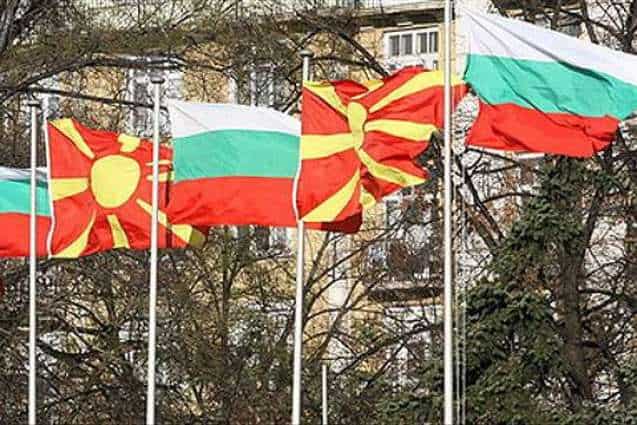
The first ever Foreign Affairs Minister of the Former Yugoslavia Republic of “Macedonia” (now known as “North Macedonia”) after the breakup of Yugoslavia in 1991, Denko Maleski, caused an outraged in Skopje’s media, with Republika writing, Maleski “continues to denigrate Macedonia and the Macedonians," as reported days ago by Greek City Times.
Why?
He dares to say that the so-called "Macedonians" are actually just one people with the Bulgarians.
Speaking with Bulgaria's Focus News, Professor Plamen Pavlov commented on Malevski's comments, saying "he speaks of our common history, our common Bulgarian history."
"Professor Denko Malevsky is one of the most important intellectuals in [North] Macedonia at the moment. It is very important that we know this. He is not a historian of education, he is mainly concerned with diplomacy, the social sciences," Pavlov said.
Pavlov also expressed his opinion that intellectuals in "North Macedonia" agree with Malevski about the historical reality that they are actually Bulgarians. According to the professor, Malevski is one of the people in North Macedonia who is most open to dialogue and rapprochement with Bulgaria.
Meanwhile, Toma Bykov, a Bulgarian MP and Vice-Chairman of the Friendship Group between Bulgaria and "North Macedonia" expressed confidence that sooner or later the people of "North Macedonia" will admit that they are brothers with Bulgarians. He stressed that Bulgarians do not have animosity or harbour negative feelings towards the people of "North Macedonia."
He also said that it will become clear that the people of "North Macedonia" and Bulgaria are not very different.
Yugoslav authorities told the people of what is today's "North Macedonia" that they are in fact the descendants of Alexander the Great and the Ancient Macedonians to serve two purposes:
- To legitimise Yugoslav claims on Greece’s north, especially the port city of Thessaloniki.
- To weaken Bulgarian identity so that the people would remain loyal to Yugoslavia and not call for unification with Bulgaria.
History proves the Bulgarian claims are correct, but unfortunately the people of “North Macedonia” are yet to wake up to this reality.

